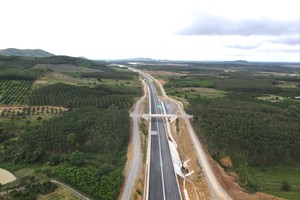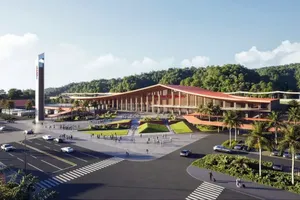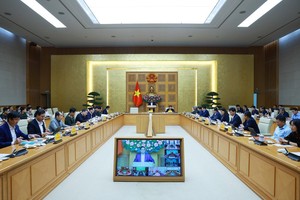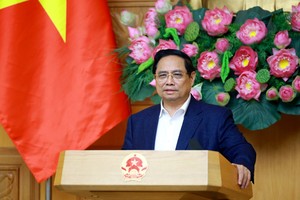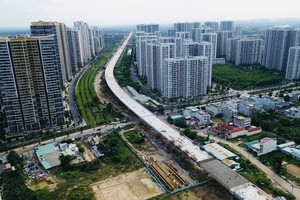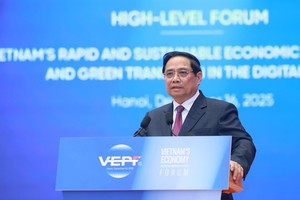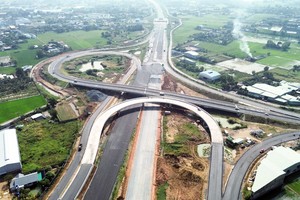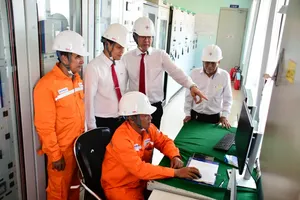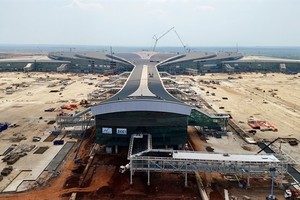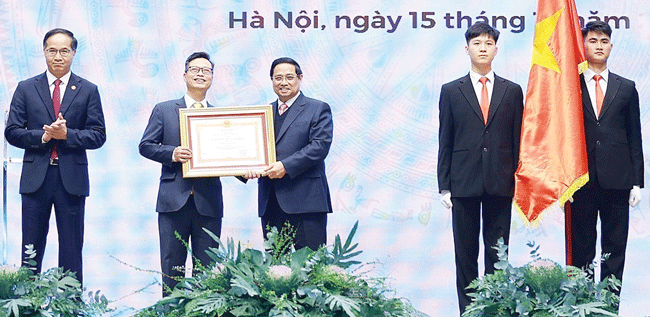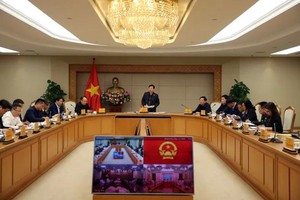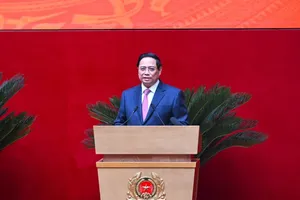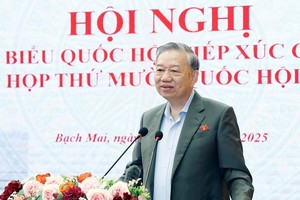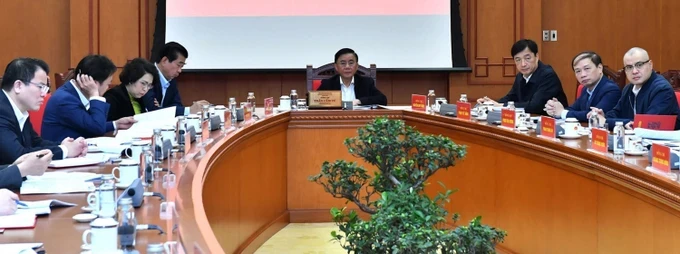
Inevitable trajectory in contemporary landscape
On December 22, 2024, the Politburo promulgated Resolution No. 57-NQ/TW about strategic breakthroughs in science, technology, innovation, and national digital transformation. It emphasizes that advancing science, technology, innovation, and digital transformation is a pivotal strategic breakthrough, crucial for modernizing production, refining governance, and fostering socio-economic development.
This directive, designed to prevent developmental lag and accelerate national progress, has received broad endorsement from cadres, Party members, scientists, and businesses, who recognize it as a transformative reform in science and technology.
Decision 204-QD/TW, approved on November 29, 2024, launches the Digital Transformation Project within Party Organs, recognizing digital transformation as vital for modernizing Party operations. The project aims to optimize task processing and cultivate a digital work culture.
The key objectives include transforming leadership, management, and work styles, enhancing efficiency, and reducing task resolution times. This effort will significantly contribute to administrative reform within Party organs. The project also focuses on building a modern digital infrastructure, restructuring technical and organizational frameworks, and developing unified information and data systems.
The project aims to fortify connectivity, integration, and data sharing, thereby providing effective support for advisory, service, leadership, and management functions within Party organs from the central to grassroots levels. It also seeks to facilitate secure and authenticated data exchange between Party agencies, state entities, the Vietnam Fatherland Front, and socio-political organizations, in alignment with national digital transformation initiatives.
The digital transformation roadmap directs systematic use of cleansed digitized data across Party agencies by 2025.
- All information systems will undergo security assessments, and users will have digital identification.
- Organizational, personnel, and grievance data will be digitized.
- Propaganda, socio-economic analysis, and foreign affairs information will be delivered digitally.
- Non-confidential documents will be digitally signed. Reporting and records management will be digitalized, extending to confidential records.
- Cadre health data will be digitalized.
- Party training and research systems will be fully integrated.
This comprehensive plan aims for complete digital integration within the Party apparatus.
The digital data development mandate requires a centralized repository for analysis and distribution, ensuring cleansed, integrated data from Party agencies, national systems, and socio-political organizations. This supports informed analysis and forecasting across units. Data digitization and standardization are crucial to optimize usage.
The project entails developing shared databases and catalogs for seamless application integration, including user data, agency identification codes, and digitized documents. This fosters efficient data sharing and synchronization, enhancing operational support and professional activities across the Party and affiliated organizations.
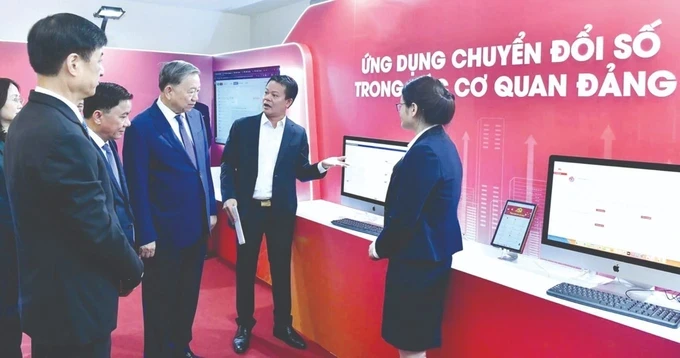
Critical missions for implementation
Following three months of implementation, the Digital Transformation Project has yielded initial positive outcomes. However, the initial stage of the project has revealed several limitations that necessitate immediate remediation, as identified during the second meeting of the Steering Committee for Digital Transformation within Party Organs.
These limitations include inadequate leadership, directive, and management support, insufficient awareness and mindset transformation regarding digital transformation, and a persistent reliance on traditional paper-based workflows. The completion of institutional frameworks and the issuance of regulations have also been delayed, while administrative reform, process restructuring, and data digitization remain underprioritized.
Therefore, the Steering Committee has directed the implementation of seven task groups and forty-three specific tasks across all levels and sectors. It has set deadlines for the development of common information systems and the finalization of professional processes by April 2025, and the establishment of digital communication channels for central documents by May 2025.
The Steering Committee underscores that digital transformation is crucial for enhancing the Party’s leadership, organizational, and operational capacity in the contemporary era. Heads of Party agencies must demonstrate strong political resolve and lead by example in the utilization of digital tools. Those who fail to meet these expectations should be reassigned to prevent obstruction, as directed by General Secretary To Lam.
The Steering Committee has defined the project’s scope to encompass Party committees directly under the Central Committee and has stipulated adjustments to align with administrative restructuring plans.
It has mandated the expedited completion of institutional frameworks, the updating of the unified Digital Transformation Architecture, and the streamlining of administrative procedures within the Party. It has also called for the development of digital infrastructure, the digitization and cleansing of data, and the application of strategic technologies such as AI and big data.
The project assigns the deployment of common application software, the implementation of digital applications for Party congresses, and the establishment of paperless meeting rooms. It requires adequate resource allocation, the mobilization of expert personnel, and the provision of training for cadres and Party members.
The Steering Committee will oversee the implementation of digital transformation, ensuring consistency across all levels and addressing any implementation challenges. It has set a deadline of April 2025 for Party agencies to digitize records and documents. It has also prioritized the digitization of district-level records for handover prior to administrative restructuring.
To facilitate the effective dissemination of Resolution 57-NQ/TW, the Department of Digital Transformation and Cyberspace Security will solicit feedback and recommendations through the Communist Party of Vietnam Information e-Portal, commencing on April 1, 2025.
